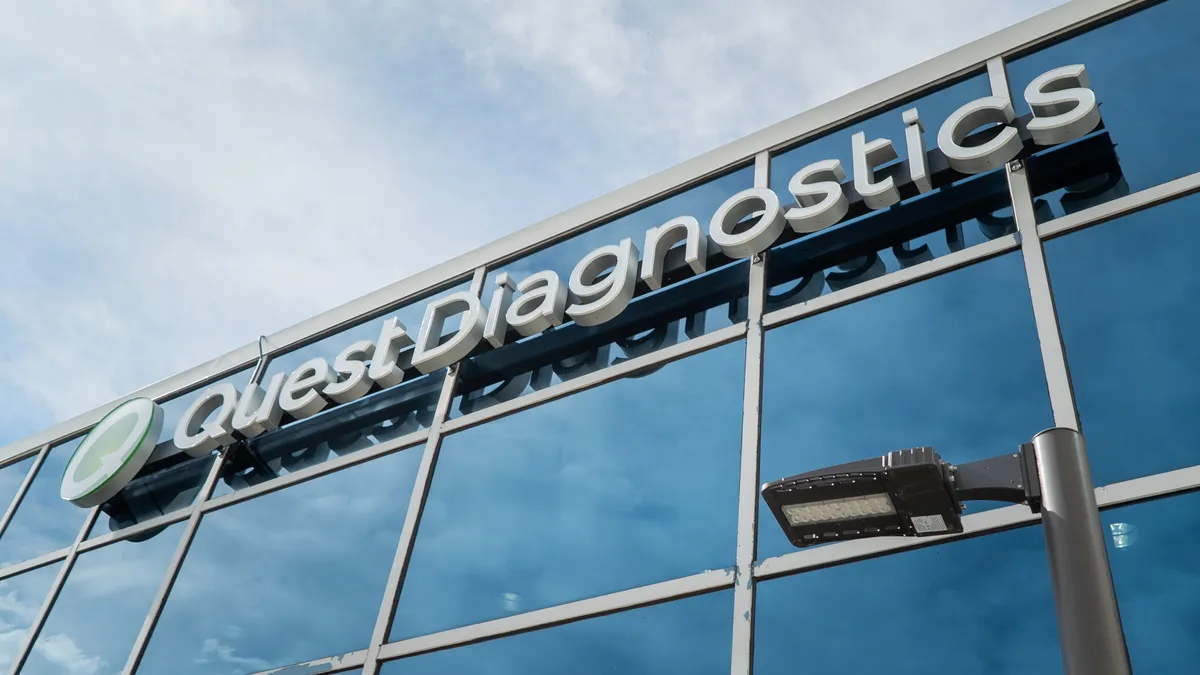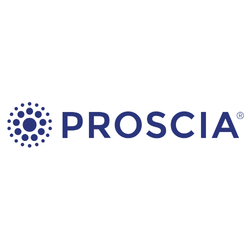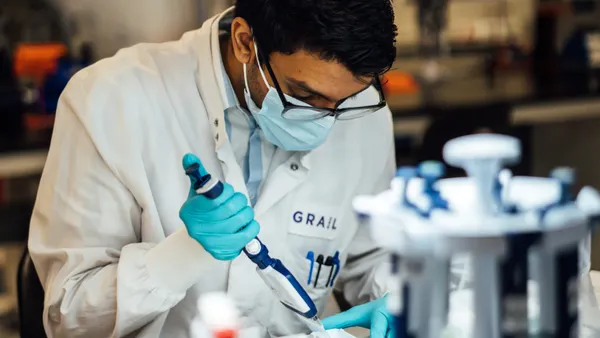Dive Brief:
- Quest Diagnostics has partnered with The University of Texas MD Anderson Cancer Center to develop a cancer risk blood test.
- The collaboration, which Quest disclosed Tuesday, builds on MD Anderson’s research into protein biomarkers that may indicate a patient is at high risk of cancer diagnosis in the coming years.
- MD Anderson’s approach is potentially a cheaper way than liquid biopsies to find patients who would benefit from conventional screening, according to the announcement. Quest is aiming to launch the test next year.
Dive Insight:
Companies such as Grail have invested heavily in blood tests that detect tumor DNA to enable the early diagnosis of multiple cancers. Quest said in a statement that such tests “are comparatively expensive, not intended to personalize risk and may lack well-established protocols for clinical follow-up.”
Samir Hanash’s laboratory at MD Anderson has pursued a different approach. In recent years, Hanash has co-authored papers that suggest protein panels can identify patients who are more likely to develop cancer. One study found a four-marker protein panel may be useful for identifying patients at high risk of lung cancer. Another study identified a protein that rises two years before pancreatic cancer diagnosis.
Quest has secured a developmental license for cancer risk technology and intellectual property from Hanash’s laboratory. The clinical laboratory will use the multi-cancer stratification test as the basis for its own lab-developed test. Quest plans to refine, develop and validate the technology. If successful, Quest could exercise commercialization rights and launch the test in North America next year.
An affordable, easy-to-use test that identifies patients at increased risk of cancer diagnosis could support targeted screening. Pancreatic ductal adenocarcinoma is typically detected after the cancer is advanced, contributing to low survival rates. Abdominal imaging finds pancreatic tumors, but the cost makes routine screening prohibitive. The blood test could support more targeted, cost-effective screening.
Imaging is already recommended for screening patients at high risk of lung cancer. However, uptake is low, with one study finding 17% of patients who were eligible for screening received a scan in 2022, and the scheme only targets current and former heavy smokers. A blood test could encourage more high-risk people to get screened and expand the benefits to non-smokers.
Quest and MD Anderson are yet to show the technology can fulfill that role. A test that generates lots of false positives could stress patients and overwhelm screening services for little gain. Equally, a test with a low rate of true positives may give patients misplaced reassurance that they are at low risk of cancer.











